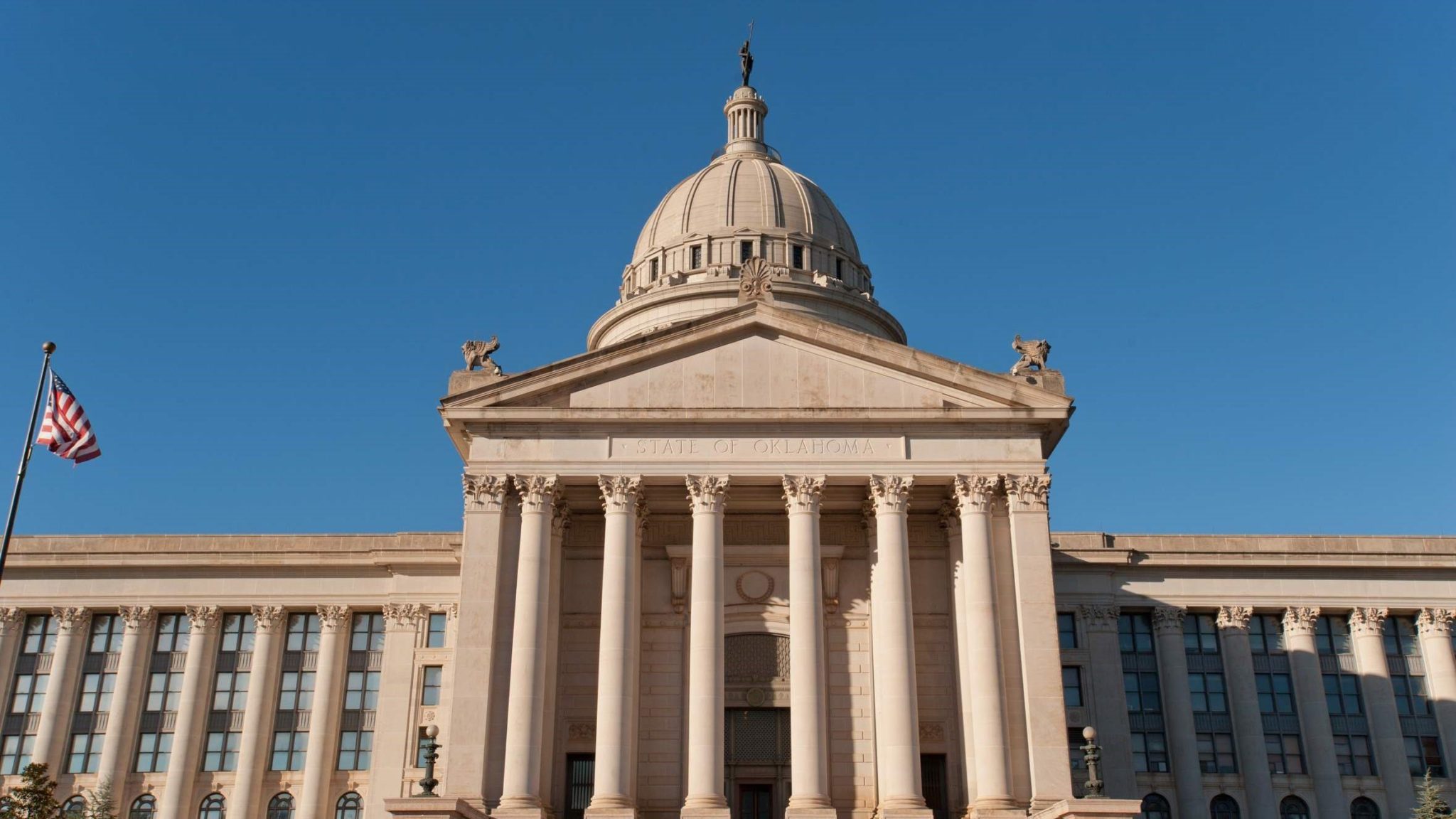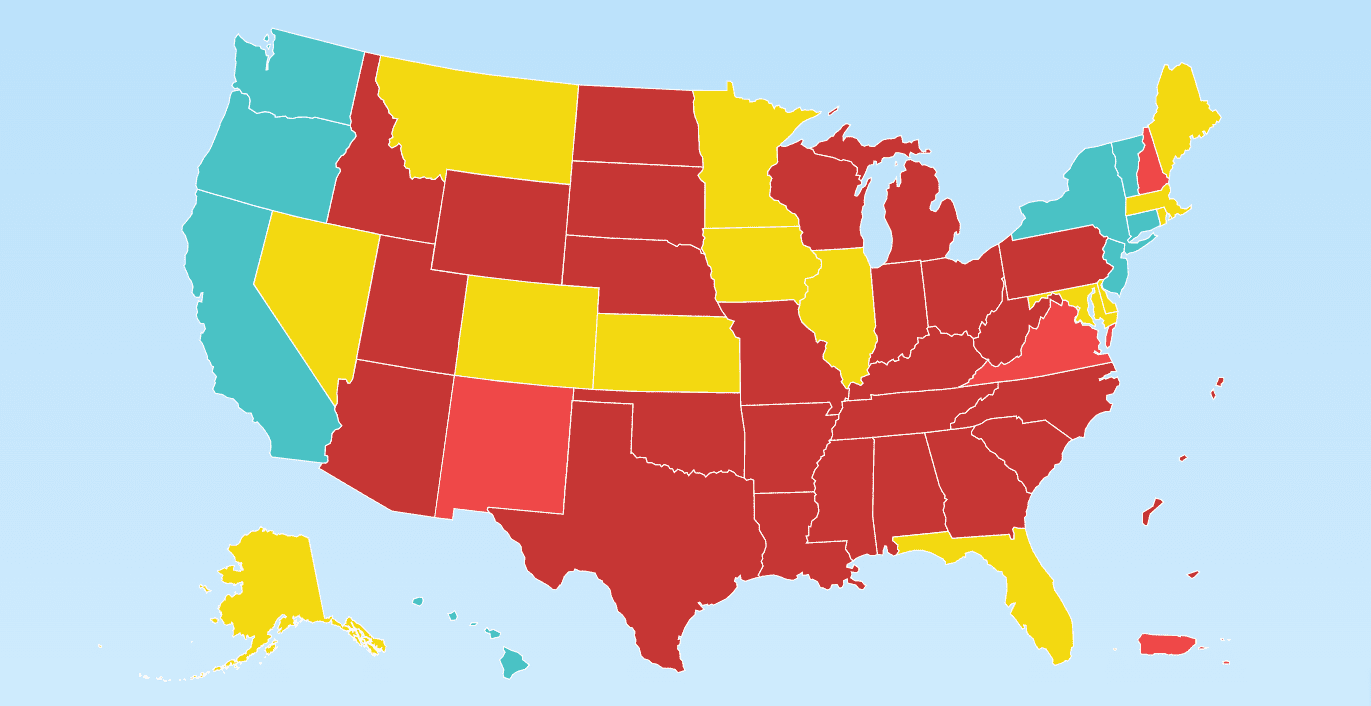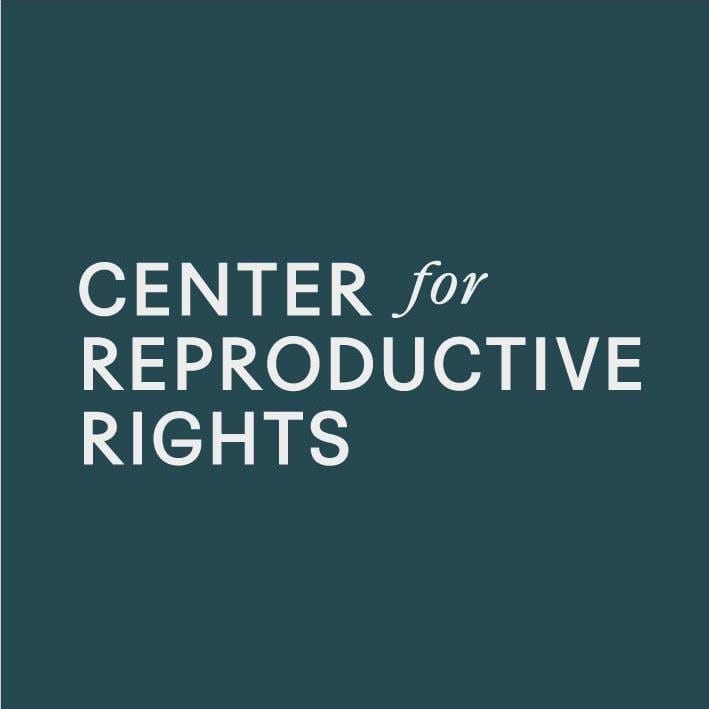Center and Partners Sue Oklahoma Over Abortion Bans That Would Further Devastate Access in the Region
One measure would make abortion a felony, punishable by up to 10 years in prison and/or an extreme fine, and the other copycats Texas’s vigilante abortion ban.

Since Texas’s abortion ban and vigilante scheme banned most abortions in the state, people have rushed to neighboring states—including Oklahoma—to seek abortion care. Now Oklahoma has passed its own extreme abortion bans, which would further devastate abortion access in the region.
One law, S.B. 612, passed earlier this month and due to take effect in August, bans all abortion care except in narrowly defined medical emergencies and makes abortion a felony punishable by up to 10 years in prison and/or a $100,000 fine. The other law, S.B. 1503, passed today by the legislature and effective immediately once signed by the governor, copycats Texas’s vigilante law banning abortion at approximately six weeks of pregnancy.
Today, the Center for Reproductive Rights and its partners filed two challenges in Oklahoma state courts to block the bans from taking effect.
Will the South become an abortion desert?
What if Roe fell? U.S. Abortion Laws Map
If the U.S. Supreme Court overturns Roe v. Wade, 24 states are poised to ban abortion.
“The Oklahoma Supreme Court has repeatedly found that the state legislature’s extreme attempts to restrict abortion are unconstitutional, and these bans are some of the most extreme yet,” said Nancy Northup, president and CEO of the Center. “We are asking the state courts to uphold the state constitution and apply Oklahoma precedent to block these insidious abortion bans before they take effect. Oklahoma is a critical state for abortion access right now, with many Texans fleeing to Oklahoma for abortion care. These bans would further decimate abortion access across the South.”
Today’s challenges are:
- S.B. 612, the total abortion ban, filed in Oklahoma County District Court. This challenge seeks to add S.B. 612 to an existing Center case, Oklahoma Call for Reproductive Justice v. O’Connor, which was filed in state court last year against five laws banning and restricting abortion. Those included a ban on abortion at approximately six weeks of pregnancy; a law banning abortion entirely by declaring its provision “unprofessional conduct,” which would result in the physician’s loss of licensure; severe restrictions on medication abortion; and a provider restriction. All five of those laws were successfully blocked as the case proceeds.
- S.B. 1503, the Texas-style vigilante abortion ban, filed directly in the Oklahoma Supreme Court. This challenge seeks an emergency order blocking the law from taking effect while the case proceeds. Although federal challenges to Texas’s ban have failed to block that law, there is significant precedent in Oklahoma state court to support plaintiffs’ arguments to block the law.
Following Texas’s Ban, Oklahoma Bans Would Expand the Abortion Desert in the Region
Since September 2021, most abortion access has ended in Texas due to the state’s law, S.B. 8, which bans abortion care after approximately six weeks of pregnancy and incentivizes private individuals to bring costly and harassing lawsuits against anyone who provides care or helps someone obtain an abortion in violation of the law. The U.S. Supreme Court refused to block the Texas law in a case brought by the Center.
Read more.
Oklahoma Call for Reproductive Justice v. O’Connor
Last year in this case, Oklahoma state courts blocked five abortion bans and restrictions.
Patients in Texas are being turned away in droves, prevented from accessing time-sensitive abortion care and forced to travel hundreds of miles to other states—such as neighboring Oklahoma—to access care. Those who can’t afford to travel are being forced to carry pregnancies against their will. As with other abortion bans, those facing obstacles to accessing care—such as people living on low incomes, Black and brown communities, young people and people in rural areas—are disproportionately impacted by Texas’s ban.
“As a physician who also provides abortions in Texas, I have seen firsthand the impact of a bounty-hunting scheme and abortion ban on patients and physicians,” said Dr. Alan Braid, owner of Tulsa Women’s Reproductive Clinic and a plaintiff in both cases. “They are designed to threaten and intimidate physicians into not providing constitutionally protected health care, and force pregnant people to travel hundreds of miles to receive care. The pain this has caused in Texas is unfathomable, and I will fight alongside these other providers and advocates to prevent these laws from taking effect in Oklahoma.”
Desperately Seeking Care: Six Months of Texas’s Extreme Abortion Ban
How Texas’s vigilante abortion ban is harming people seeking abortion care in the state and beyond.
Oklahoma clinics have reported huge upticks in Texas patients, resulting in weeks-long wait times. Planned Parenthood released data in February showing that, in the first four months after S.B. 8 took effect, more than half of the patients at its Oklahoma health centers were from Texas, compared to less than 10% in the prior year. Overall, during that period, these Oklahoma health centers saw a nearly 2500% increase in Texas patients.
If the bans challenged today take effect, abortion access could be almost entirely cut off for the thousands of patients—both in and out of state—who receive abortion care in Oklahoma each year, further devastating abortion access in the region.
The Oklahoma state legislature has also considered a number of other abortion restrictions this year, including a ban on abortion 30 days after a person’s last menstrual period; a constitutional amendment that, if approved by voters, would eliminate any right to abortion in the state constitution; and a modification of the state’s trigger ban, which passed earlier this week.
“Access to abortion is in great peril in the country, and especially in this region,” said Rabia Muqaddam, senior staff attorney at the Center. “These bans are blatantly unconstitutional and threaten the health and freedom of Oklahomans, Texans, and so many others. We must prevent Oklahoma from following Texas in becoming an expanded abortion desert and we’ll continue to fight these extreme laws.”
Oklahoma Call for Reproductive Justice v. O’Connor (the case to which today’s challenge to S.B. 612 was added) was filed by the Center for Reproductive Rights, Planned Parenthood Federation of America, Dechert LLP, and Blake Patton on behalf of the Oklahoma Call for Reproductive Justice, Tulsa Women’s Reproductive Clinic, Dr. Alan Braid, Comprehensive Health of Planned Parenthood Great Plains, and Planned Parenthood of Arkansas and Eastern Oklahoma.
Today’s challenge to S.B. 1503 was filed in Oklahoma Supreme Court against the State of Oklahoma and all 77 state court clerks. The same group of plaintiffs are named in this challenge represented by the Center for Reproductive Rights, Planned Parenthood Federation of America, and Blake Patton.
Read more:
- S.B. 612, Oklahoma’s total abortion ban, and the lawsuit filed in Oklahoma County District Court
- S.B. 1503, Oklahoma’sTexas-style vigilante abortion ban, and the lawsuit filed directly in the Oklahoma Supreme Court


